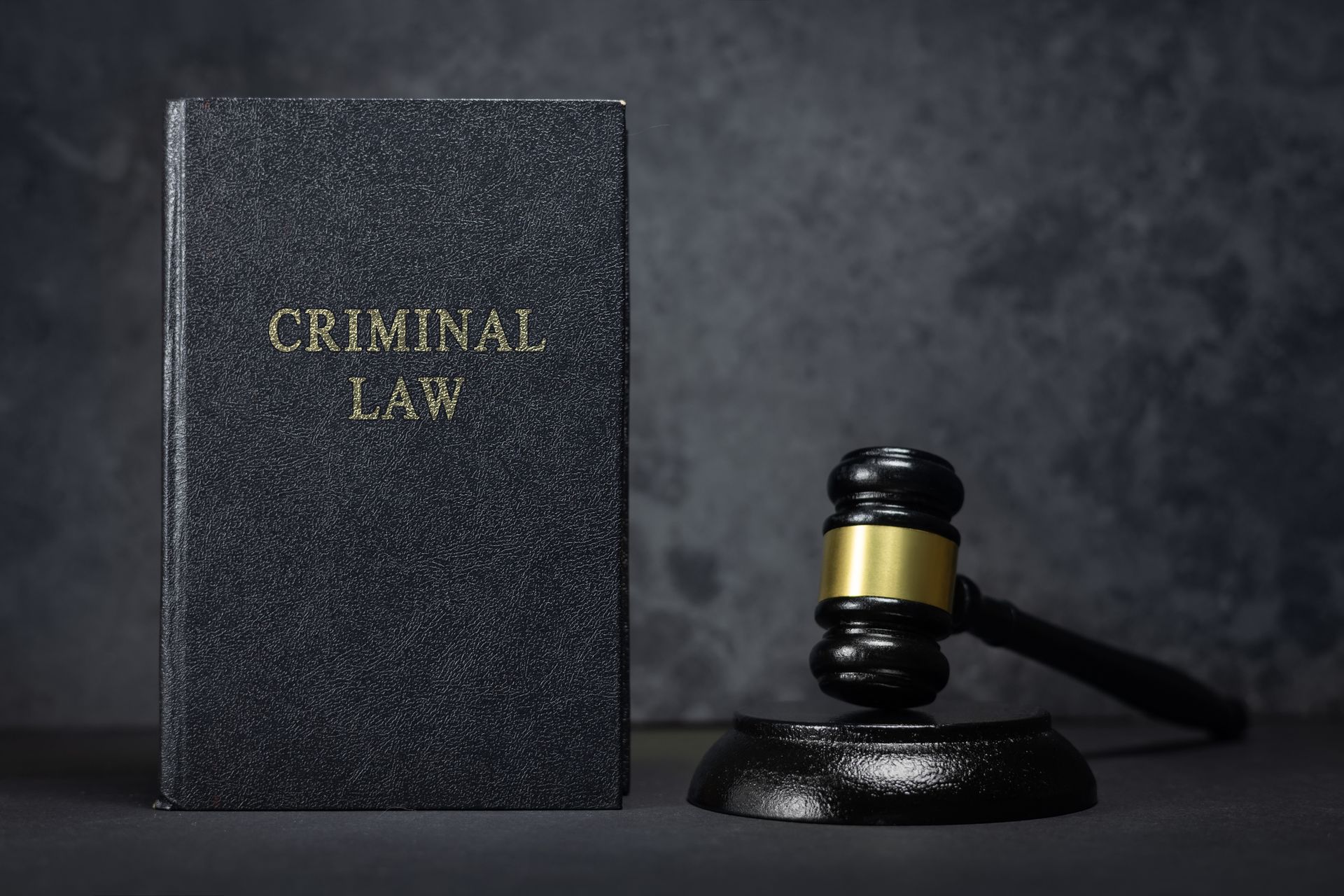4 Legal Grounds to Contest a Will

A will guides estate division among beneficiaries. It is important to draft the document early to help prevent conflict between dependents when you pass on. A valid will must meet specific legal requirements.
State probate law protects the right to challenge a will's validity. A lawyer must examine a client's case before notifying a will executor and challenging the document in court. This process ensures adequate evidence is available to contest a will's validity. This post highlights some of the grounds to contest the validity of a will.
1. Undue Influence
A will is generally valid if prepared under free will. Actions that pressure and manipulate an estate owner can invalidate the document. Typically, undue influence arises when interested parties misuse their powers and trust to control an estate owner. Consequently, an estate owner adds provisions to their will they might not have otherwise included, which serve to benefit the individual(s) exerting control.
Proof of coercion in a will contest has a high threshold. Insufficient evidence of coercion can nullify a claim, hurt a suit, and sour relationships with family. Evidence of undue profit, confidential relationships with the will's creator, and active participation in formation of the will add weight to coercion claims.
2. Mental Incapacity
Mental incapacity is the inability to comprehend one's actions during will preparation. For instance, a creator of a will who is of unsound mind is prone to manipulation by interested parties. The probate court can invalidate a will if a contestant proves an estate owner was incapacitated at the time the will was created.
Proof that an estate owner could not make rational decisions helps demonstrate their mental incapacity. Irrational decisions might include a will creator's inability to comprehend the execution ceremony, the extent of their property, or the significance of estate distribution.
Medical records for mental conditions, including dementia, help establish cognitive incapacity claims. Evidence of mental incompetence is more persuasive if dated since a lawyer can compare the dated records with the will preparation period.
3. Ambiguous Intentions
Typically, a will becomes legally binding after it is signed, which includes witnesses signatures. After the creator passes away, sometimes beneficiaries and legal representatives cannot ascertain the intentions of a will, which may result in a proceed to contest the validity of the will. For example, a creator of a will may intend to replace or revoke a prior will. An improperly revoked will raises questions about the new or adjusted document's intention. In particular, vagueness of intent exposes a will to dispute, especially if an improperly revoked will surfaces.
4. Forgery
An heir may be suspicious that the signature on a will is not the deceased's. In this circumstance, a contestant can challenge a will's validity until a proponent demonstrates its genuineness, which may be through a forensic document examiner to assess for potential forgery.
Adequate preparation is vital when contesting a will. Contact us at Hand Law, P.C., for consultation and direction on the legal grounds for challenging a will.










